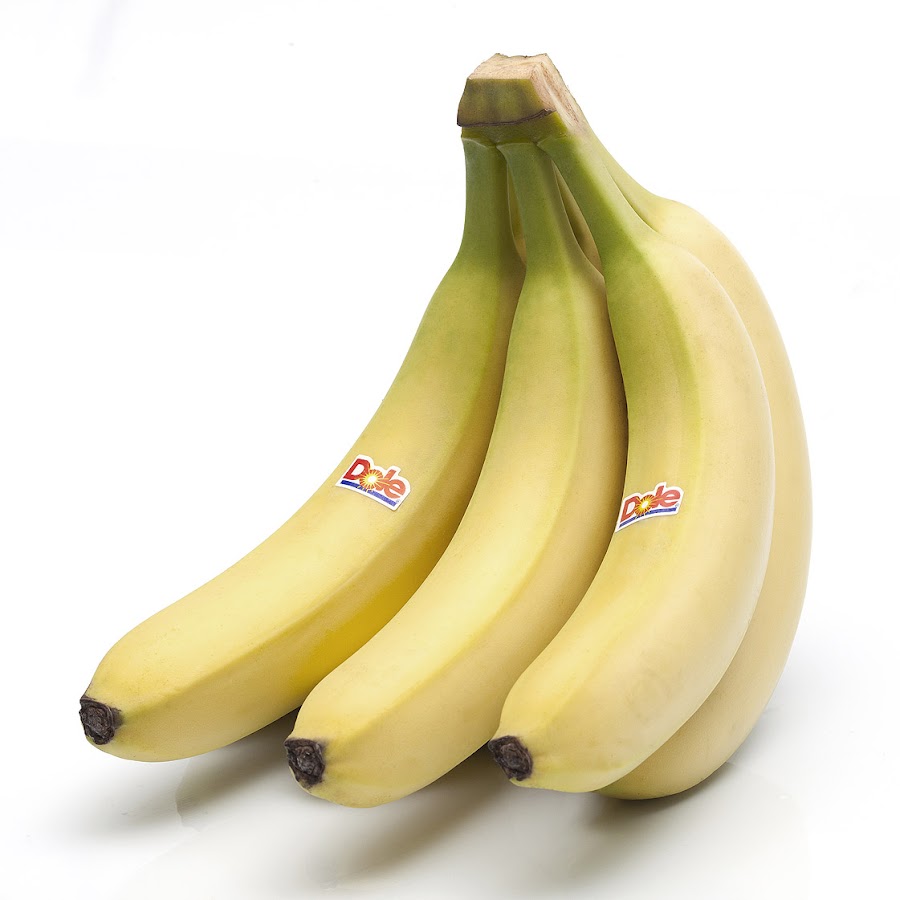By David H. Murdock, Chairman DOLE Food Company, Inc. Did you ever forget where you put your keys, or why you walked into a particular room, or what someone's name is?
Such memory lapses have been dubbed "senior moments," since many people find their brains slowing down with age. In fact, 69 percent of older adults say that one of their top fears is losing their mental function. I'm here to tell you to stop being afraid -- and start exercising your brain. Many years ago I started the Foundation for Advanced Brain Studies to explore how the brain works. We learned that brain exercise is vital to maintaining memory. Anything that engages and challenges your brain counts as brain calisthenics. At 88 years old -- with every intention of living decades longer -- I'm still running a company, writing articles, launching new ventures and fully enjoying life. You can better enjoy life too, at any age, by adopting these five ways to remain brain fit:
1) Eat beets. Researchers from Wake Forest University had 14 seniors (70 years old and up) drink either 16 oz. of beet juice or eat a control diet in the morning for two days, then used MRI machines to measure blood flow to the brain. The groups switched diets for another two days, then were tested again. The result: The beet-juice drinkers enjoyed 21 percent increased blood flow to the frontal lobes -- sensitive areas of the brain vulnerable to the degeneration that leads to dementia.
2) Eat more spinach, kale, broccoli and cauliflower. Harvard Medical School researchers found that middle-aged women who ate the most leafy greens and/or cruciferous veggies boosted their odds of maintaining mental sharpness in later years. Specifically, those who ate eight or more servings of vegetables, like spinach and broccoli, scored higher on cognitive tests than subjects who consumed just three servings a week.
3) Eat more berries. Blueberries, strawberries, raspberries and other varieties have anthocyanins that can help reverse some loss of balance and memory associated with aging. Researchers at the Neuroscience Laboratory at Tufts University found blueberry-supplemented animal subjects had improved brain and motor function coordination.
4) Don't forget fish. As I have said before in my blog, I eat a fish and vegetarian diet, enjoying seafood sometimes three times a day. For example, I have two sardines for breakfast and a fish entrée for lunch and dinner. Happily, a study found that older people who eat fish at least once a week might reduce their risk of Alzheimer's by more than half. Other research indicates that the omega-3 fatty acids in fish may support the function of brain cell receptors. Fish also keeps you trim: it has half the calories and less than a tenth the saturated fat as the same size serving of beef, yet fish protein may help you feel fuller longer.
5) Drink more fruit and vegetable juice. A Vanderbilt University study found that those who drank fruit or vegetable juice more than three times per week were an astounding 75 percent less likely to develop Alzheimer's than once-a-week or non-juice drinkers. Researchers believe that the antioxidant polyphenols contained in the juice guard against the oxidation (or rust, if you will) of brain tissue. You'll get even more healthy nutrients if you squeeze (or juice) your own fruit and vegetables.
Personally I like to juice up several different kinds of fruit and vegetables - which may include various combinations of bananas, red bell peppers, apples, carrots, celery, broccoli, spinach, parsley, tomatoes, cucumbers, etc.
Why is diet so important to brain health? I created and built the North Carolina Research Campus to study that question. It is the only campus in the world encompassing eight universities all working together for the benefit of health and longevity. These include Duke University, UNC Chapel Hill, NC State University, UNC Charlotte, North Carolina Central University, NC A&T State University, UNC Greensboro and Appalachian State University. According to Steven Zeisel, M.D., Ph.D., Director of the Nutrition Research Institute at the North Carolina Research Institute, "The same factors that affect the health of your arteries also impact the 100,000 miles of blood vessels that support your brain. Though most brains account for less than 2 percent of body weight, they organ uses 20 percent of the body's blood supply and 25 percent of its oxygen supply."
So be smart, and you'll stay smart -- for as long as possible. Exercise your brain and body, keep engaged with work and friends, and feed your brain with a healthy, plant-based diet -- as well as knowledge.
To learn more, visit our Dole Nutrition Institute which publishes articles, brochures, videos and sign up for our Dole Nutrition News at www.dole.com.
Taken from: http://www.huffingtonpost.com/david-h-murdock/five-ways-to-stay-brain-f_b_915574.html

